Did you know Indonesia is home to over 17,000 islands, making it the largest archipelago in the world? This stunning Southeast Asian nation spans three time zones and houses more active volcanoes than any other country on Earth. From the lush rice terraces of Bali to the ancient temples of Java and the pristine beaches of the Gili Islands, Indonesia offers an incredible diversity of experiences that can fulfill any traveler’s dream.
Indonesia’s breathtaking diversity spans thousands of islands with unique experiences
Getting There & Planning Your Journey
Most international travelers arrive in Indonesia through Jakarta’s Soekarno-Hatta International Airport or Bali’s Ngurah Rai International Airport. Direct flights connect these hubs to major cities across Asia, Australia, the Middle East, and some European destinations. For travelers from North America, connecting flights through Singapore, Hong Kong, or Dubai are common options.
When planning your Indonesia itinerary, consider that this vast country requires strategic planning. Most travelers focus on 2-3 regions during a 2-week trip. Popular combinations include Bali-Lombok-Gili Islands, Java-Bali, or Bali-Komodo-Flores. For those with more time, adding Sulawesi or Sumatra offers unique cultural and wildlife experiences.
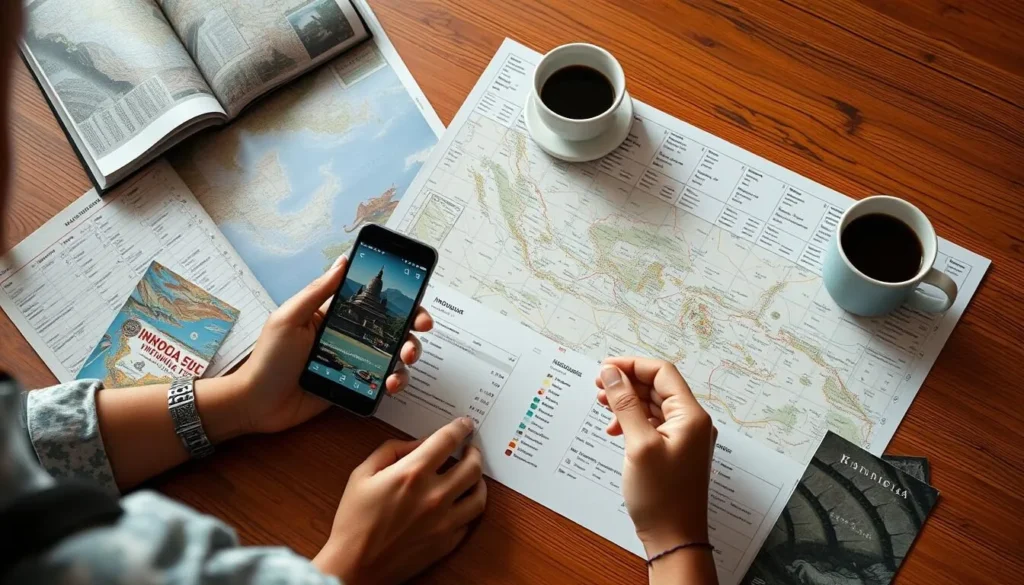
Careful planning helps you make the most of Indonesia’s diverse attractions
Visa Requirements
Many nationalities can enter Indonesia visa-free for up to 30 days. For longer stays, you’ll need to apply for a visa in advance or obtain a Visa on Arrival that can be extended. Always check the latest requirements with your nearest Indonesian embassy or consulate before traveling.
Best Time to Visit & Weather Tips
Indonesia has a tropical climate with distinct wet and dry seasons. The best time to visit depends on your destination and planned activities.
Dry Season (April to October)
This is generally considered the best time to visit most of Indonesia. You’ll enjoy:
- Clear skies perfect for beach activities and photography
- Ideal conditions for hiking volcanoes and exploring temples
- Better visibility for snorkeling and diving
- Less rainfall interrupting your outdoor plans
Peak tourist season runs from June to August, so book accommodations well in advance if traveling during this period.
Wet Season (November to March)
While rainfall increases during these months, there are some advantages:
- Fewer tourists and lower prices
- Lush, vibrant landscapes, especially in rice terraces
- Short, intense downpours typically followed by sunshine
- Better surfing conditions in some areas
If visiting during wet season, pack a lightweight rain jacket and plan indoor activities for the afternoons when showers are most common.
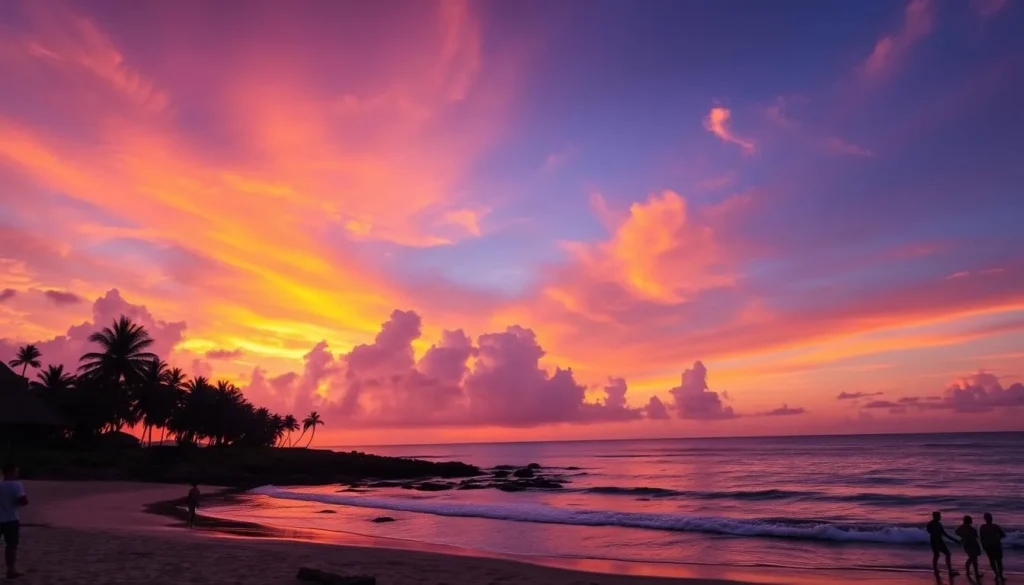
Dry season offers spectacular sunsets and perfect beach weather across Indonesia
Regional Weather Variations: Indonesia’s climate varies by region. While Bali might be experiencing dry season, Sumatra could be having heavy rainfall. Research the specific weather patterns for your chosen destinations.
Getting Around Locally
Navigating Indonesia’s sprawling archipelago requires a mix of transportation methods. Here’s how to get around efficiently:
Between Islands
- Flights: Domestic airlines like Garuda Indonesia, Lion Air, and AirAsia connect major islands. Book in advance for better rates.
- Ferries: Public ferries connect neighboring islands, offering an economical but slower alternative.
- Speedboats: Popular for shorter routes like Bali to the Gili Islands or Lombok.
On Islands
- Rental Cars/Scooters: Provide flexibility for exploring at your own pace. International driver’s license required.
- Ride-hailing Apps: Grab and Gojek operate in major cities and tourist areas.
- Private Drivers: Affordable option for day trips, especially in Bali and Java.
- Public Transport: Varies by island; includes buses, angkot (minivans), and becaks (cycle rickshaws).
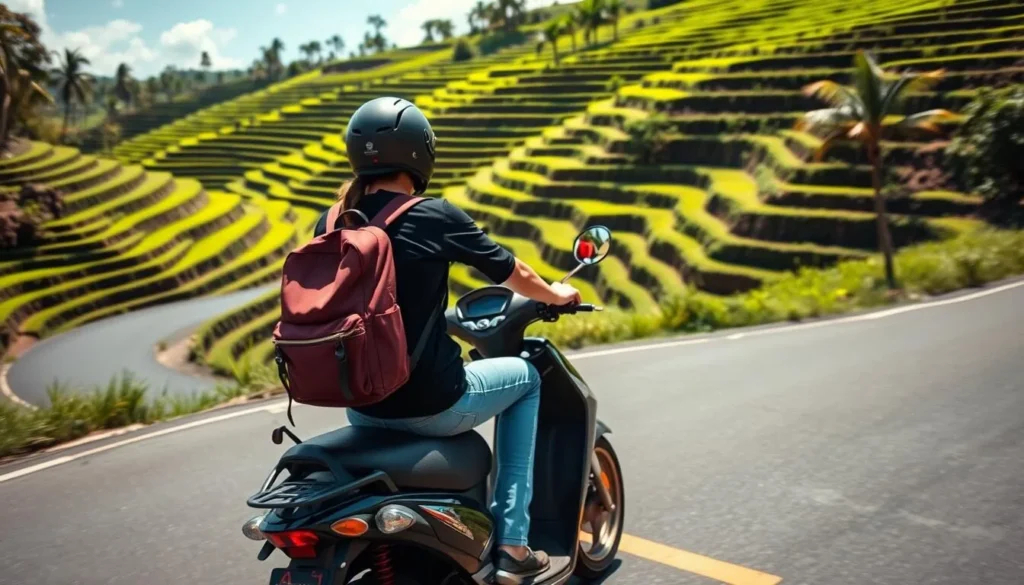
Renting a scooter is a popular way to explore Bali’s scenic countryside
Safety Tip: If renting a scooter, always wear a helmet and drive cautiously. Road conditions can vary significantly, especially in rural areas.
Where to Stay
Indonesia offers accommodations for every budget and travel style, from luxury beachfront resorts to simple homestays in traditional villages.
Luxury Options
Indonesia is renowned for its world-class luxury resorts, particularly in Bali, Lombok, and Jakarta. Many feature private villas with plunge pools, stunning ocean views, and exceptional service. Expect to find international hotel chains alongside boutique luxury properties with distinctive Indonesian design elements.
Mid-Range Stays
Comfortable hotels and guest houses are abundant in tourist areas. In Bali and Yogyakarta, look for charming boutique hotels with local character. Many mid-range accommodations offer excellent value with swimming pools, air conditioning, and included breakfast featuring local specialties.
Budget Accommodations
Backpackers and budget travelers will find plenty of affordable hostels, homestays, and guesthouses throughout Indonesia. The Gili Islands, Ubud, and Yogyakarta offer particularly good options for budget travelers with social atmospheres and basic but clean facilities.
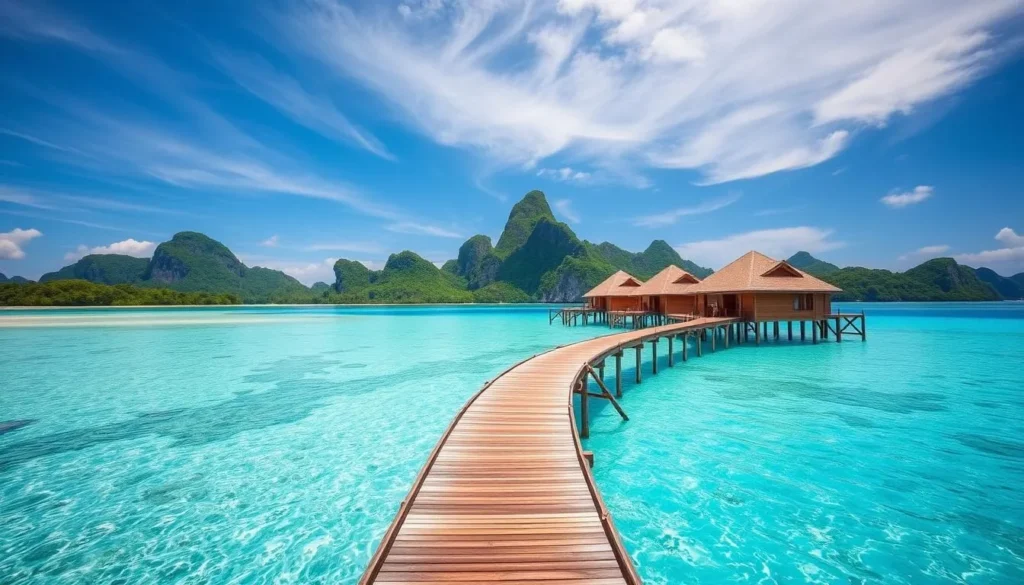
Overwater bungalows offer a luxurious stay experience in paradise locations like Raja Ampat
Local Experience: For an authentic cultural immersion, consider staying in a traditional homestay. In Toraja (Sulawesi), you can stay in a tongkonan (traditional house), while in Bali, many families offer rooms in their family compounds.
Dining & Local Cuisine
Indonesian cuisine is a flavorful journey through diverse culinary traditions, with each island offering its own specialties. From fiery sambals to fragrant rice dishes, here’s what to try during your visit:
Must-Try Indonesian Dishes
- Nasi Goreng: Indonesia’s famous fried rice, often topped with a fried egg and served with prawn crackers.
- Satay: Skewered and grilled meat served with peanut sauce, a popular street food.
- Rendang: Slow-cooked beef in coconut milk and spices, originating from Sumatra.
- Gado-Gado: Vegetable salad with peanut sauce dressing, a refreshing option for vegetarians.
- Babi Guling: Balinese roast suckling pig, a must-try specialty in Bali.
- Soto: Traditional soup with various regional variations across the archipelago.
- Martabak: Available in sweet and savory versions, this stuffed pancake is a popular snack.
- Pisang Goreng: Fried bananas, often dusted with cinnamon sugar or drizzled with honey.
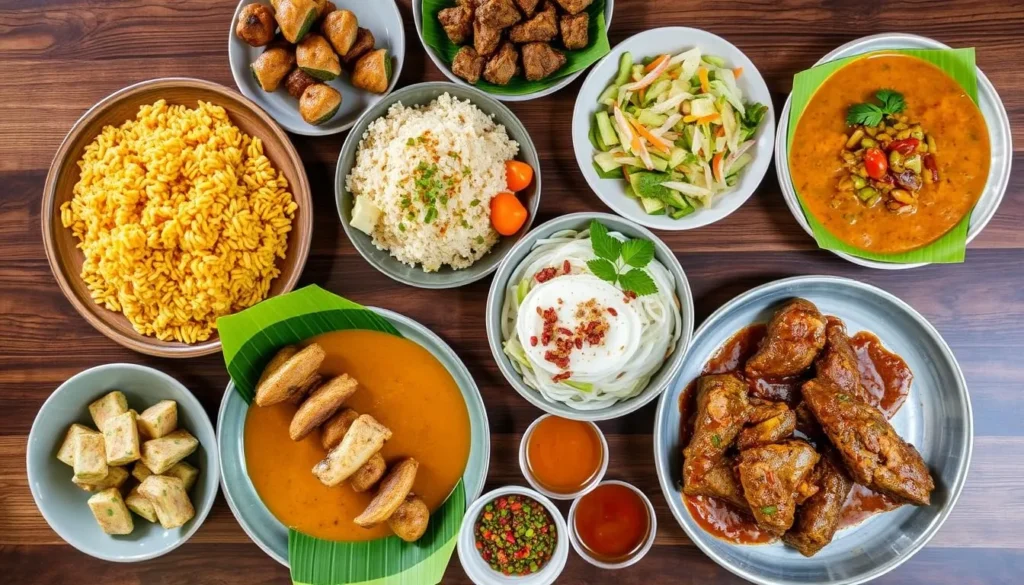
A typical Indonesian feast showcases the country’s rich culinary diversity
Dining Options
- Warungs: Small family-owned eateries serving authentic local food at affordable prices.
- Night Markets: Vibrant street food scenes where you can sample multiple dishes in one visit.
- Restaurants: From casual to fine dining, especially in tourist areas and major cities.
- Cooking Classes: Learn to prepare Indonesian specialties yourself, particularly popular in Bali and Yogyakarta.
Food Tip: Don’t miss trying different sambals (chili condiments) that accompany many Indonesian dishes. Each region has its own variation, ranging from mild to extremely spicy!
Attractions, Sightseeing & Activities
Indonesia offers an incredible array of attractions that showcase its natural beauty, rich history, and cultural diversity. Here are some of the best things to do in Indonesia that should be on every traveler’s bucket list:
Temple Explorations
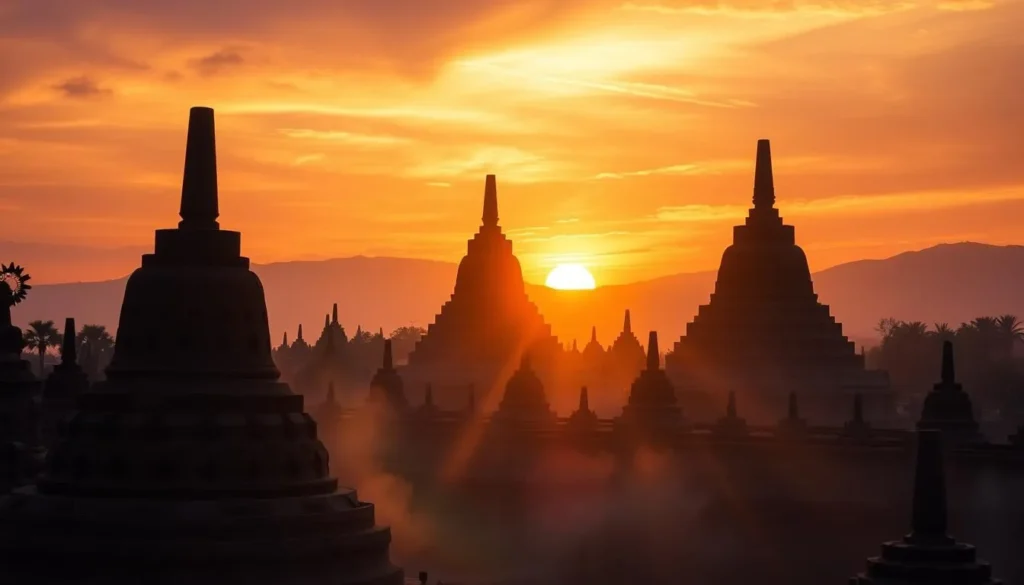
Witnessing sunrise at Borobudur Temple is a magical experience
- Borobudur Temple: The world’s largest Buddhist temple, dating back to the 9th century. Arrive early to witness a spectacular sunrise over the volcanic landscape.
- Prambanan Temple: An impressive Hindu temple complex near Yogyakarta with intricate stone carvings.
- Uluwatu Temple: Perched on seaside cliffs in Bali, famous for its stunning location and traditional Kecak dance performances at sunset.
- Tanah Lot: One of Bali’s most iconic temples, built on a rock formation in the sea.
Natural Wonders
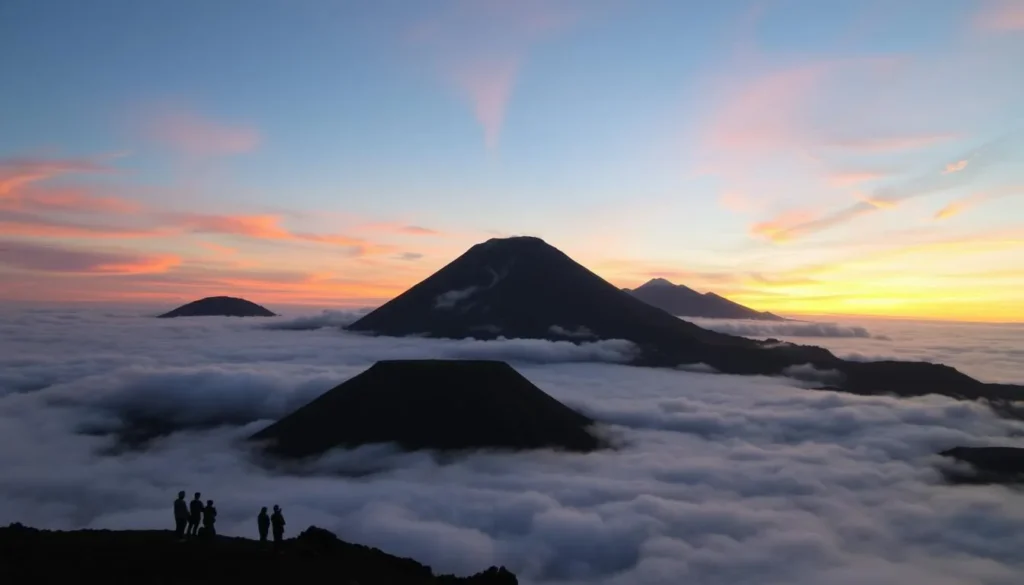
The otherworldly landscape of Mount Bromo is one of Indonesia’s most spectacular sights
- Mount Bromo: An active volcano in East Java offering otherworldly landscapes and spectacular sunrise views.
- Kelimutu Crater Lakes: Three color-changing lakes atop a volcano in Flores, each with different hues due to mineral content.
- Tegalalang Rice Terraces: Stunning stepped rice fields in Ubud, Bali, showcasing traditional Balinese irrigation systems.
- Kawah Ijen: A volcano complex known for its turquoise sulfur lake and blue fire phenomenon visible at night.
Wildlife Encounters

Komodo dragons can only be seen in the wild on Komodo and Rinca islands
- Komodo National Park: Home to the famous Komodo dragons, the world’s largest lizards, along with stunning beaches and marine life.
- Bukit Lawang: A gateway to Gunung Leuser National Park in Sumatra, offering opportunities to see orangutans in their natural habitat.
- Tangkoko Nature Reserve: Located in North Sulawesi, known for its population of tarsiers, the world’s smallest primates.
- Ubud Monkey Forest: A sacred sanctuary in Bali where you can observe macaques in a lush forest setting.
Learn More
Museums, Cultural Spots & Festivals
Indonesia’s rich cultural heritage is showcased through its museums, traditional villages, and vibrant festivals that offer visitors deeper insights into this diverse nation.
Museums & Cultural Centers
- Museum Nasional Indonesia: Jakarta’s national museum houses an extensive collection of artifacts from across the archipelago.
- Ullen Sentalu Museum: Located in Yogyakarta, focusing on Javanese culture and royal heritage.
- ARMA Museum: A comprehensive collection of traditional and contemporary Balinese art in Ubud.
- Taman Mini Indonesia Indah: A cultural park in Jakarta featuring pavilions representing each of Indonesia’s provinces.
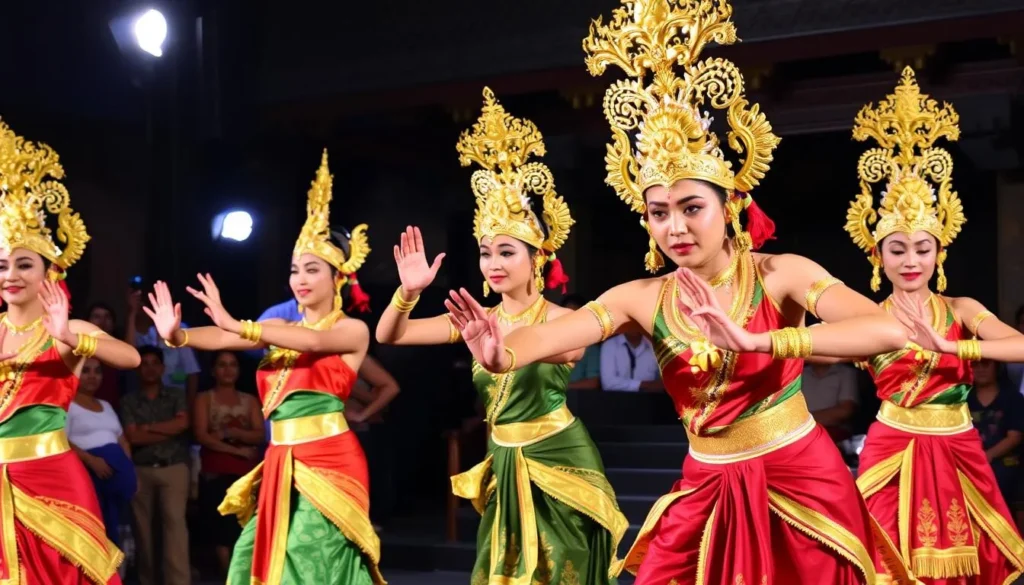
Traditional dance performances showcase Indonesia’s rich cultural heritage
Cultural Villages & Experiences
- Tana Toraja: Visit this highland region in Sulawesi to witness unique funeral ceremonies and traditional boat-shaped houses.
- Wae Rebo: A traditional village in Flores where visitors can stay in conical thatched houses.
- Batik Workshops: Learn the traditional art of batik-making in Yogyakarta or Solo.
- Balinese Cooking Classes: Participate in market tours and cooking lessons to master local recipes.
Major Festivals
- Nyepi (Balinese New Year): Experience the “Day of Silence” preceded by colorful parades of ogoh-ogoh (demon effigies).
- Galungan and Kuningan: Balinese celebrations marking the victory of good over evil, with decorated bamboo poles lining the streets.
- Jember Fashion Carnival: A spectacular street parade showcasing elaborate costumes and designs.
- Baliem Valley Festival: An annual event in Papua featuring traditional tribal warfare demonstrations and cultural performances.
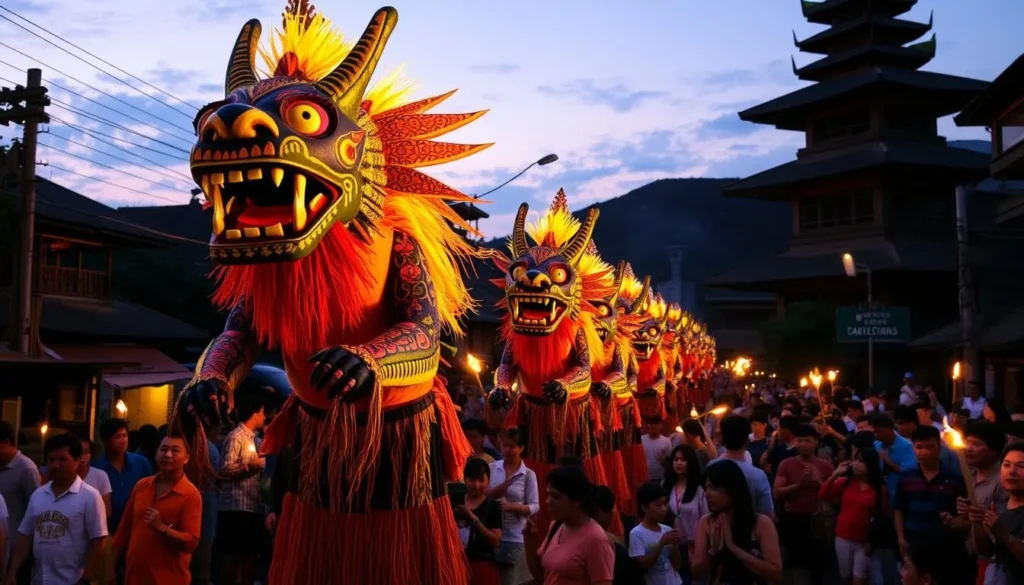
Ogoh-ogoh parades before Nyepi showcase incredible artistic creativity
Learn More
Sports, Nature & Outdoor Experiences
Indonesia’s diverse landscapes provide the perfect playground for outdoor enthusiasts and nature lovers. From world-class diving sites to volcanic hikes, here are some of the best outdoor experiences to enjoy:
Water Activities
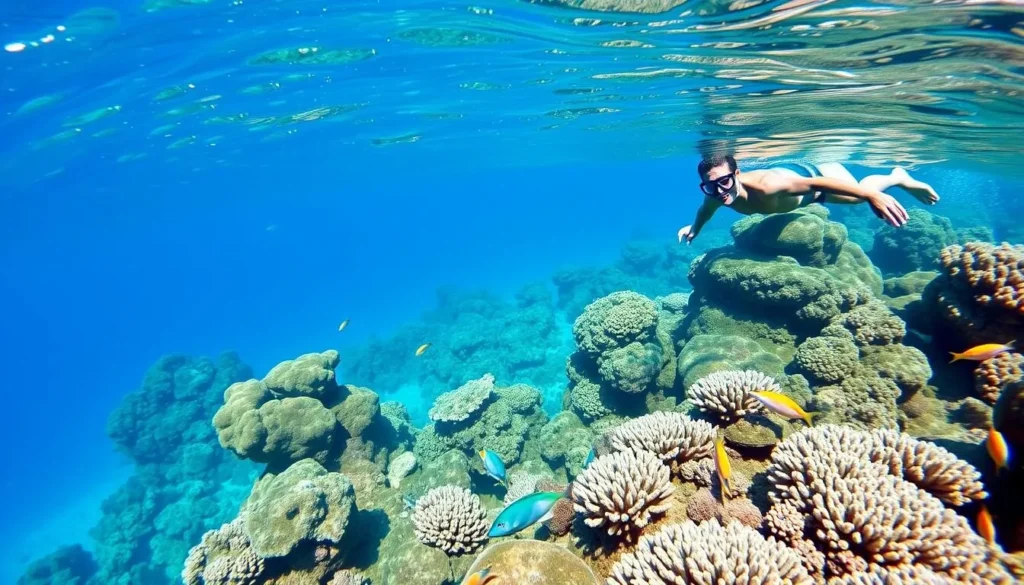
Raja Ampat offers some of the world’s most spectacular snorkeling and diving
- Diving & Snorkeling: Explore the Coral Triangle in Raja Ampat, Komodo National Park, or the Gili Islands to discover incredible marine biodiversity.
- Surfing: Catch waves at world-famous breaks in Bali (Uluwatu, Padang Padang), Mentawai Islands, or G-Land in Java.
- Island Hopping: Charter a boat to explore the pristine islands around Komodo, Belitung, or Lake Toba.
- Swimming with Jellyfish: Visit Kakaban Island in Kalimantan to swim with stingless jellyfish in their natural habitat.
Hiking & Trekking
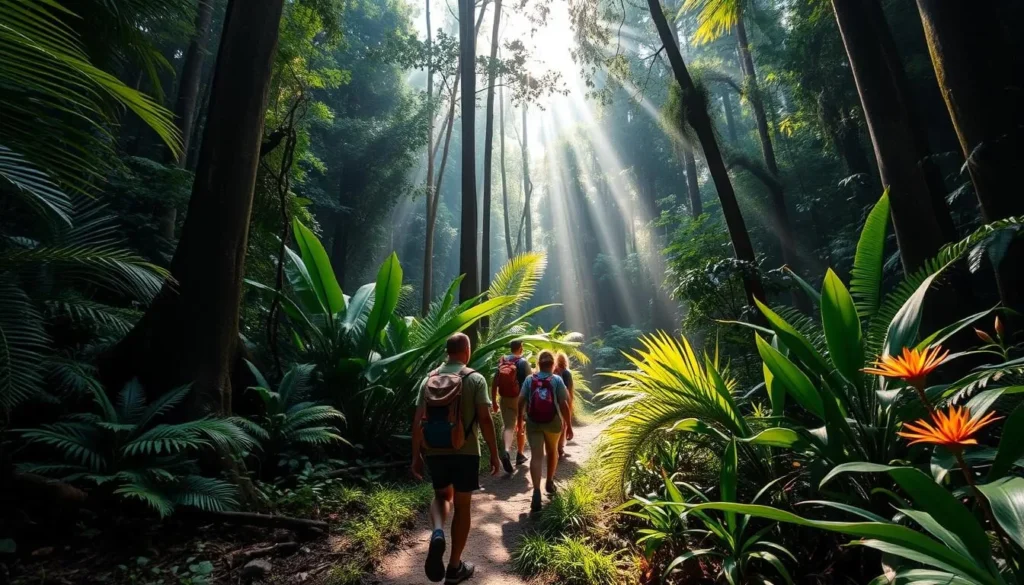
Sumatra’s rainforests offer incredible trekking opportunities and wildlife encounters
- Volcano Climbing: Summit active volcanoes like Mount Batur in Bali, Mount Rinjani in Lombok, or Mount Bromo in Java.
- Rainforest Trekking: Explore Gunung Leuser National Park in Sumatra or Betung Kerihun in Kalimantan to spot wildlife in pristine forests.
- Rice Terrace Walks: Wander through the stunning terraced landscapes of Tegalalang in Bali or Majalengka in West Java.
- Waterfall Hikes: Discover hidden waterfalls throughout the islands, particularly in Bali, Java, and Sumatra.
Wildlife Watching
- Orangutan Viewing: Visit rehabilitation centers in Kalimantan or trek through Sumatra’s forests for a chance to see these endangered primates.
- Komodo Dragon Tours: Take guided walks on Komodo and Rinca islands to observe these prehistoric-looking reptiles.
- Bird Watching: Spot exotic species in Papua’s rainforests, including the spectacular birds of paradise.
- Turtle Conservation: Participate in turtle release programs on beaches in Bali, Lombok, and the Derawan Islands.

Encountering orangutans in their natural habitat is an unforgettable experience
Learn More
Safety, Etiquette & Local Customs
Understanding local customs and practicing appropriate etiquette will enhance your experience in Indonesia while showing respect for the local culture.
Safety Tips
- Health Precautions: Drink bottled water, use mosquito repellent, and consider vaccinations for hepatitis A, typhoid, and Japanese encephalitis before traveling.
- Natural Disasters: Indonesia is located in the Ring of Fire. Stay informed about volcanic activity and know earthquake safety procedures.
- Road Safety: Traffic can be chaotic. If renting a scooter, always wear a helmet and drive defensively.
- Beach Safety: Be aware of strong currents and rip tides. Always heed warning flags and local advice about ocean conditions.
Important: Purchase comprehensive travel insurance that covers medical evacuation, as medical facilities outside major cities may be limited.
Cultural Etiquette
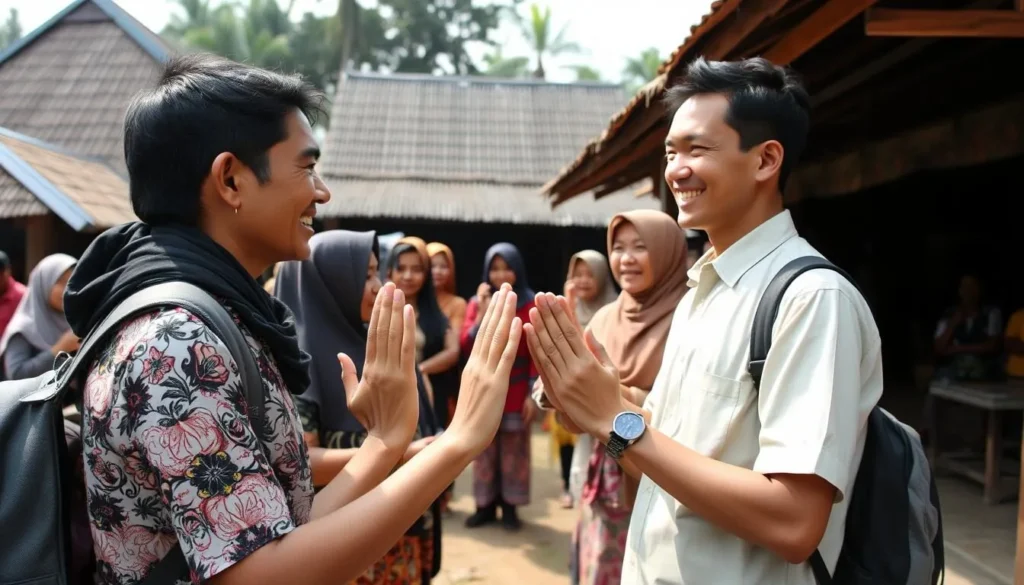
Greeting locals with respect enhances cultural connections
- Greetings: A slight nod or bow with hands pressed together (similar to Thai wai) is a respectful greeting in many parts of Indonesia.
- Religious Sites: Dress modestly when visiting temples (shoulders and knees covered). Remove shoes before entering mosques or homes.
- Left Hand: The left hand is considered unclean. Use your right hand for eating, passing objects, or touching someone.
- Head: The head is considered sacred in many Indonesian cultures. Avoid touching someone’s head, including children’s.
- Public Behavior: Public displays of affection are frowned upon, especially in more conservative areas outside of tourist zones.
Religious Considerations
Indonesia is home to the world’s largest Muslim population, but also has significant Hindu, Christian, and Buddhist communities. During Ramadan, be respectful by not eating, drinking, or smoking in public during daylight hours, especially outside tourist areas. In Bali, which is predominantly Hindu, you may encounter small offerings (canang sari) on sidewalks and entrances—be careful not to step on these.
Practical Travel Tips
These practical tips will help you navigate Indonesia smoothly and make the most of your journey:
Money Matters
- Currency: The Indonesian Rupiah (IDR) is the official currency. Be prepared for large denominations—1 USD equals roughly 15,000 IDR.
- ATMs: Widely available in cities and tourist areas but can be scarce in remote locations. Withdraw cash before heading to less developed areas.
- Credit Cards: Accepted in higher-end establishments but carry cash for smaller vendors, markets, and rural areas.
- Bargaining: Expected in markets and with street vendors. Start at about 50% of the initial price and negotiate with a smile.
Connectivity
- SIM Cards: Local SIM cards are inexpensive and provide good coverage in populated areas. Major providers include Telkomsel, XL, and Indosat.
- Wi-Fi: Available in most hotels, cafes, and restaurants in tourist areas but may be limited in remote locations.
- Power Adapters: Indonesia uses Type C and F plugs (European style) with 230V/50Hz electricity.
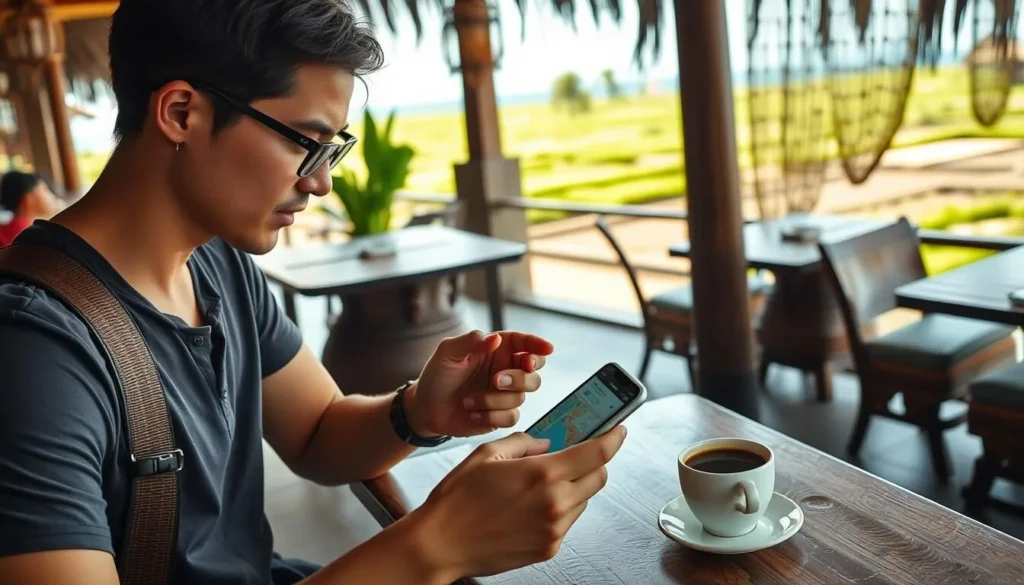
Local SIM cards provide affordable connectivity throughout your journey
Language
Bahasa Indonesia is the official language, but many locals in tourist areas speak basic English. Learning a few Indonesian phrases will be appreciated:
- Selamat pagi/siang/malam: Good morning/afternoon/evening
- Terima kasih: Thank you
- Permisi: Excuse me
- Berapa harganya?: How much does it cost?
Packing Essentials
- Lightweight Clothing: Breathable fabrics for the tropical climate.
- Modest Attire: For visiting temples and more conservative areas.
- Rain Jacket: Especially during wet season.
- Reef-Safe Sunscreen: To protect coral reefs while snorkeling.
- Insect Repellent: Essential for jungle treks and evenings.
Conclusion
Indonesia’s incredible diversity offers something for every type of traveler. From the spiritual tranquility of Bali’s temples to the adventurous thrill of climbing active volcanoes, from world-class diving in pristine waters to encounters with unique wildlife, this archipelago nation delivers unforgettable experiences at every turn.
As you plan your journey through Indonesia, remember that the country’s greatest treasure is its warm, welcoming people who are proud to share their cultural heritage and natural wonders with visitors. Take time to connect with locals, learn about their traditions, and immerse yourself in the rich tapestry of experiences that make Indonesia one of the world’s most fascinating destinations.
Whether you’re watching the sunrise over ancient Borobudur, trekking through Sumatra’s lush rainforests, or relaxing on the pristine beaches of the Gili Islands, Indonesia promises adventures that will stay with you long after you’ve returned home. Selamat jalan—have a good journey!
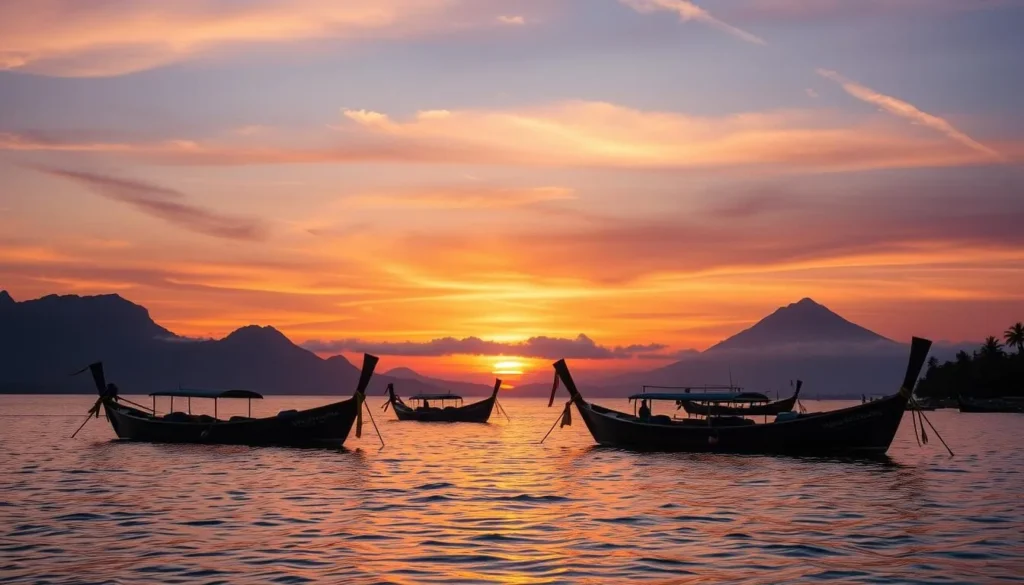
The magic of Indonesia awaits—start planning your adventure today
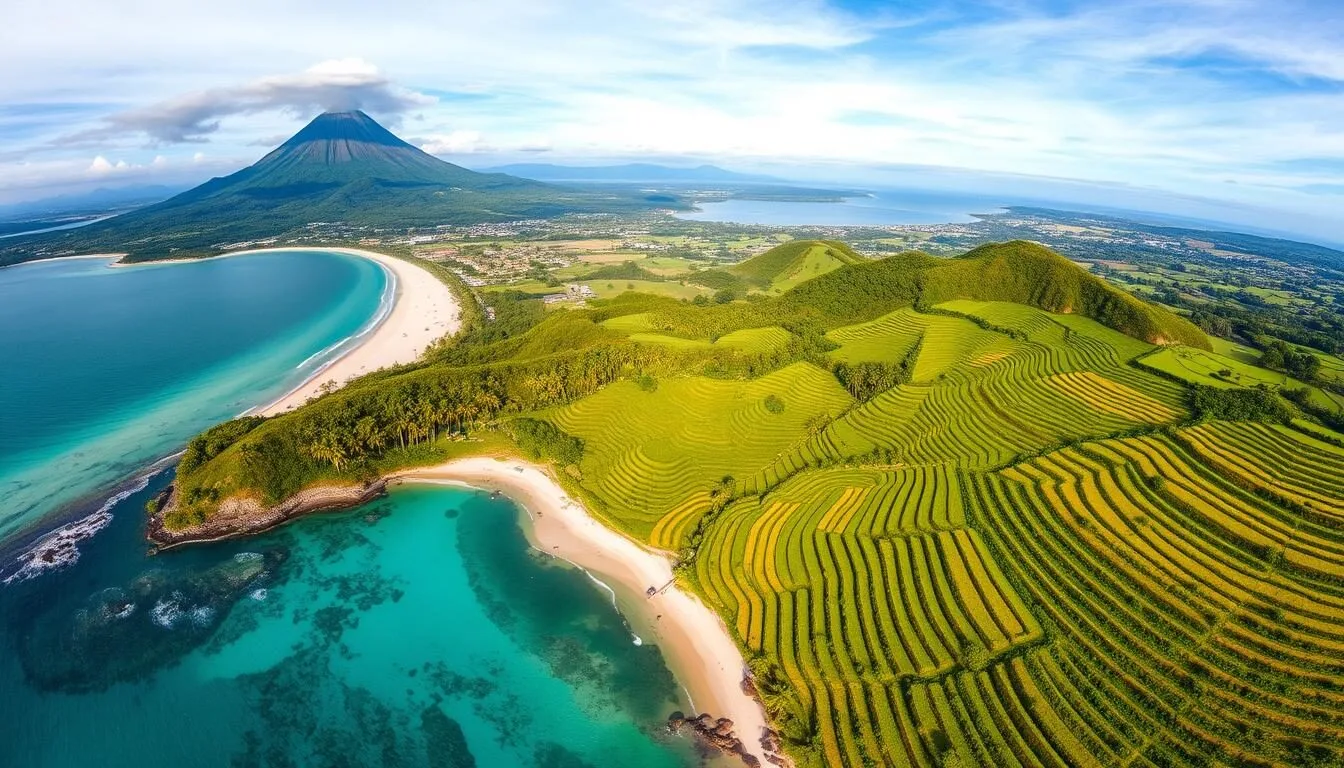

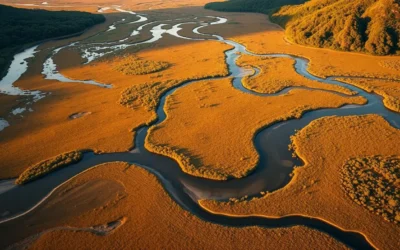
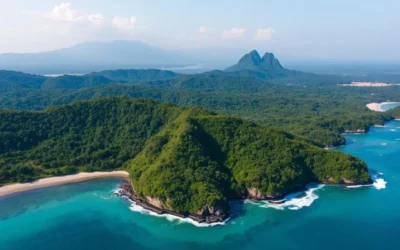
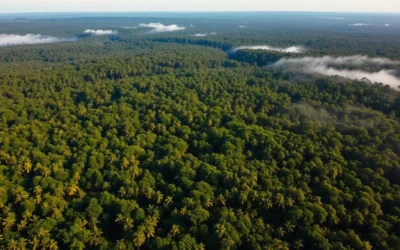
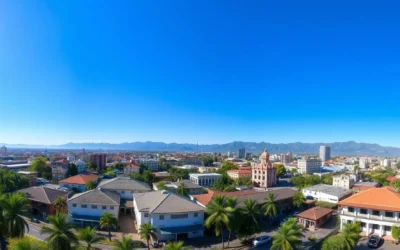
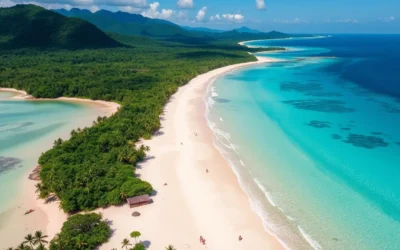
0 Comments